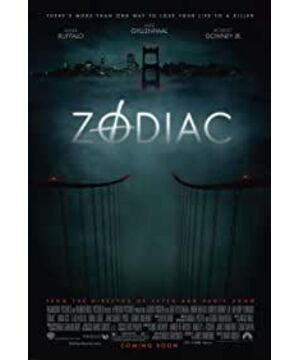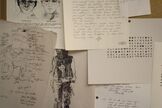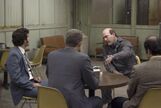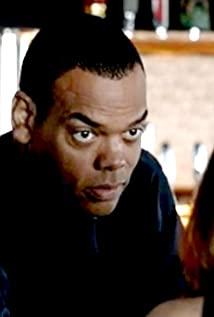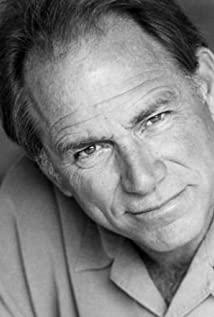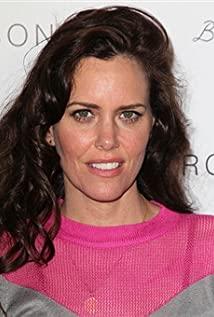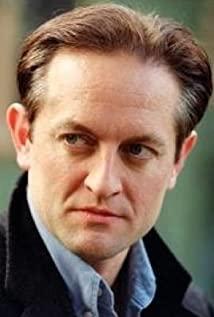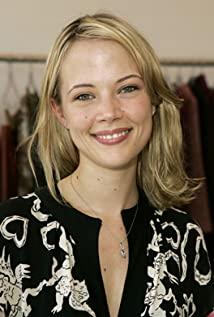text/CyberKnight
has been looking forward to "Zodiac", of course because I like David Fincher. This is a director who can satisfy you in all aspects: he is highly critical, can provoke your anger, you hide the fear and anxiety in your heart, and let you find words from him to fight back against reality; he is kind Using metaphors, there are always complex symbols hidden under the appearance of the exquisite story, guiding you to cruise through the maze of meaning; he plays tricks and experimentally creates novel lens feelings, but the special effects are in his hands, not Spear Fun toys like Berg or Peter Jackson are electro-acoustic guitars that can emit huge noise and energy; he shows violence and madness without any appreciation or advocacy, but only casts a cold scrutiny gaze.
This time, David Fincher surprised those who liked him. "Zodiac" is completely different from his previous films. This story about a serial killer is completely free of horror and violence. All the killing scenes will be switched in due course. Except for a scene with Jack Gyllenhaal in the basement near the end, you can almost feel that David Fincher is trying his best to prevent the audience from getting into a nervous state of fear. The film also lacks David Fincher's signature dazzling shots-you must be impressed by the shot that has been pulled out of the human body at the beginning of "Fight Club", and the gorgeous subtitles and special effects of the opening of "Terror Space". In "Zodiac", you can't see the fast-moving shots of the building pipes. In the trailer, the overlooking shots of the Golden Gate Bridge made with CG are actually just a flash in the film. At that time, the fans were saying that the special effects of this lens were mediocre. Looking at it now, it is clear that the director's mind is not here. The idea and symbolism of David Fincher's thematic preemptive style are gone, and it is difficult for you to use this film to incorporate the sentence "The director has expressed...". It is conceivable that the story of the film will not be as compact and beautiful as "The Seven Deadly Sins", "Mind Game", and "Terror Space".
158 minutes! David Fincher used this length that even an epic film could not reach to shoot a story that is not lively and not profound. What is he thinking? After seeing 30 minutes, you will probably feel that the director used a very realistic or plain approach this time. Don’t chase cars, don’t shoot guns, don’t even fight with criminals, don’t have the protagonist’s wit and a flash of inspiration, all the plots are slowly and hardly moving towards the truth, but the truth always seems to be floating a few feet away from you. . All the actors, whether Robert Downey Jr., Jack Gyllenhaal, or Mark Ruflow, completed the performance very conscientiously, but there was no place for them to play, no fear, no anger, no confrontation, Only Gyllenhaal's wife looked at him calmly and weakly. In this multi-line, laid-out story, the protagonist is abandoned, and the performance is also abandoned. What is David Fincher thinking?
I thought of another David who was famous for his style, David Cronenberg. In 2005, his "History of Violence" was also a great change from the past. It also gave up the traditional and fierce alternative methods, used very realistic and mature methods to tell the story, and also tried its best to restrain the manifestation of his subjective emotions and subjective thoughts in the film. Yes, deliberate restraint, this is exactly what David Fincher did in The Zodiac. Although the film still contains David Fincher's critique of the system, for example, the film uses a lot of space to describe how the various police agencies cannot cooperate in the process of solving the case. There are also descriptions of the darkness that is everywhere in life, including Gyllenhaal's bland family, Robert Downey Jr.'s hangover life, and Mark Ruflow's sleep that was repeatedly interrupted by roughness. But more importantly, I feel that David Fincher is deeply fascinated by the case itself. He wants to show his understanding of the incident, and even his efforts to rebuild history-just like Oliver Stone in the "Assassination "Kennedy" did the same. Of course, Oliver Stone has put too many impassioned slogans and beautiful thoughts into "JFK", which is somewhat annoying.
The "Zodiac" is the most bizarre and complicated pending case in American history, just like Jack the Ripper in Britain. There have always been special websites on the Internet to discuss and analyze, trying to crack the truth. It itself is like a huge magnet with a powerful attraction. David Fincher probably knows that if you add gorgeous techniques and enhance the story, the truth will be transformed. But after all, what is truth? Finch just tells the story strictly according to the original author Gray Smith, who is the cartoonist played by Gyllenhaal in the film. In other words, David Fincher is at best faithful to Greysmith's truth. Many people who are interested in this case have pointed out that the film has many inconsistencies with the facts. For example, the name of the victim Darlene’s sister in prison was not the name of “Arthur Leigh Allen”. It was "Kane"; the man who saw the "Zodiac" at the end did not actually identify the photos of Arthur Leigh Allen with such certainty, and so on. So, further speaking, what David Fincher probably wants is the dark background of "Zodiac", which is the background of this story, the fearful and uneasy 70s (in fact, the film still uses a lot of special effects to restore the original San Francisco scene); is the desperate effort of all those who try to find the truth in the film-even if Gyllenhaal finds the real murderer, he can only look and say to him, "What can I do for you?" The devil said "No need" and left quietly. Life may be our "Zodiac Killer", you know that everything has no end, no hope, but you still want to put all the pieces together crazy and present the so-called perfect reality.
If the "Seven Deadly Sins" and "Fight Club" show the big black waves in the ocean of life, then in "Zodiac", David Fincher takes you into the deep black Ocean. There is no air and sunshine here, only fear, darkness, despair and chaos everywhere, because there is nothing around you, and you have nowhere to hide.
View more about Zodiac reviews


